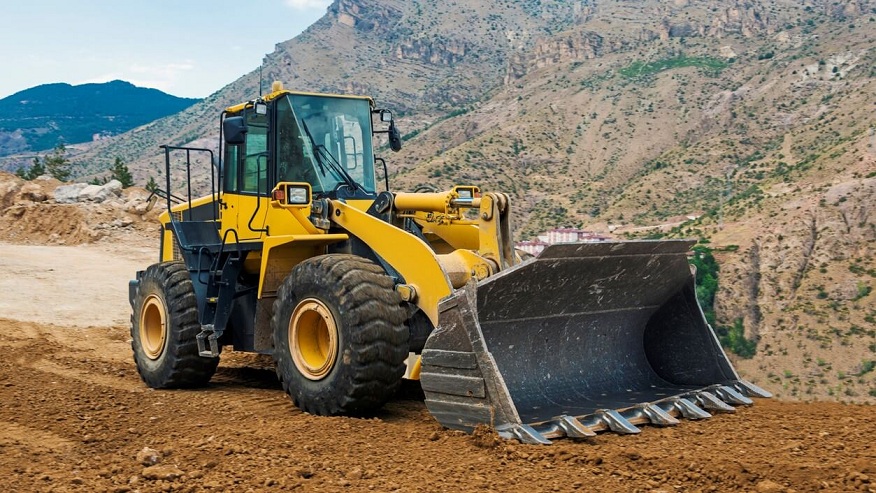General News Blog
My WordPress Blog
My WordPress Blog

Selecting the right wheel loader for your project or business is a critical decision that can significantly impact your operation’s efficiency and productivity. Wheel loaders, known for their versatility and strength, come in various sizes and configurations. Among the popular choices in the market are the John Deere compact wheel loaders, known for their reliability and performance. In this blog, we will explore five essential factors to consider when choosing a wheel loader, with a particular focus on the John Deere compact wheel loader.
The first step in choosing a wheel loader is to determine the size and capacity that best suits your needs. Wheel loaders are categorized based on their operating weight, horsepower, and bucket capacity. For smaller projects or operations in confined spaces, a John Deere compact wheel loader is an excellent choice. These loaders offer the versatility and functionality of their larger counterparts but are more maneuverable and suitable for tight spaces.
The type of material you plan to handle significantly influences the type of wheel loader you should choose. Different materials have varying densities, which affect the size and type of bucket or attachment needed.
The engine is the heart of a wheel loader. Its power and efficiency dictate the machine’s performance and operational costs. When considering a wheel loader, look at the horsepower and torque ratings. A John Deere compact wheel loader, for instance, provides a balance of power and fuel efficiency, making it a cost-effective option for many operations.
Operator comfort and safety are crucial for productivity and should not be overlooked. Features like cabin design, visibility, controls, and safety measures are important. John Deere compact wheel loaders are designed with operator comfort and safety in mind, featuring ergonomic controls, excellent visibility, and advanced safety features.
The purchase price of a wheel loader is just part of the investment. The total cost of ownership includes maintenance, fuel, repairs, and potential resale value. John Deere compact wheel loaders are known for their durability and retain value well, which can be a significant factor in long-term financial calculation.
Choosing the right wheel loader involves a careful consideration of your specific needs and operational conditions. Whether you opt for a John Deere compact wheel loader or another model, it is crucial to assess the size and capacity, understand the material handling requirements, evaluate engine efficiency, prioritize operator safety and comfort, and consider the total cost of ownership. By taking these factors into account, you can select a wheel loader that not only meets your current needs but also serves as a valuable asset for years to come.